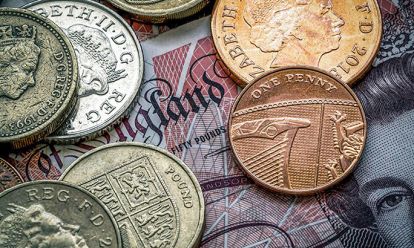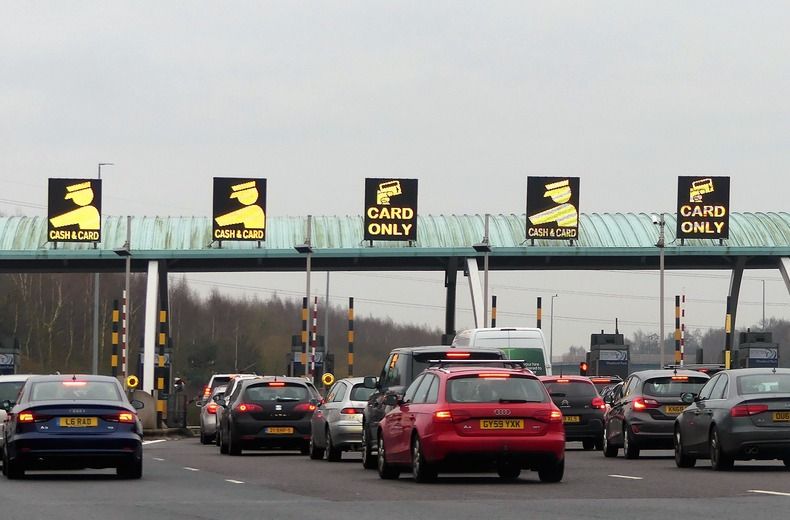According to The Times, Rishi Sunak is “very interested” in a national pricing scheme but it’s unclear how the charges would work.
RAC head of roads policy Nicholas Lyes said: “As more electric vehicles come on to our roads, revenue from fuel duty will decline so it’s inevitable a new system will have to be developed.”
Currently, owners of electric vehicles are exempt from paying road tax. Boris Johnson is also set to announce plans this week to bring the ban on selling new petrol and diesel cars forward to 2030.
Mr Lyes added: “While not paying car tax is clearly an incentive to go fully electric at the moment, we will very soon need a system that can levy tax on both conventionally fuelled and battery electric vehicles fairly.”

Complete peace of mind for less
• £50 off a mobile car service†
• We get to most breakdowns in 60 mins or less
• Our patrols fix 4/5 on the spot
* At least 10% of new customers paid this or less since 12/08. †Applies to new Extra or Complete cover. Restrictions apply, check mobile mechanic eligibility & availability here. Ends 18/11, 4pm.

Owners of petrol and diesel cars pay 57.95p in fuel duty for each litre of fuel they buy – a figure which has been frozen since March 2011.
This brings in £28 billion a year, or 1.3% of national income, according to the Institute for Fiscal Studies, while VAT on fuel and vehicle excise duty also raises money for the Treasury.
A paper by the institute said that the move to green vehicles would pose a “huge long-run fiscal challenge for the government”. The commitment to cut carbon emissions to net zero by 2050 “means that revenue from fuel duties will completely disappear over the next few decades”.
The House of Commons Transport Committee opened a “national debate” on road pricing in October last year, with options including a pay-as you-drive-tax, clean air zones, toll roads and workplace parking levies.The M6 in the West Midlands is the only major toll road operating in the UK today and charges £6.70 for cars and £12 for HGVs on weekdays.
A similar national road pricing scheme, suggested in 2007, was later rejected after a petition against the plans reached 1.8 million signatures.
A pay-as-you-drive option could be the most popular solution, as four in ten drivers believe that some form of ‘pay-per mile’ system would be fairer than the current system of fuel duty – almost half (49%) agree that the more someone drives the more they should pay in tax.
Motorists are also clear that tax revenues from any replacement for fuel duty should be solely reinvested into the road network.
An eventual road pricing system would probably use vehicle-tracking technology to monitor how much we drive, which brings privacy issues into discussion as well.
Do you think a 'pay-as-you-drive' charge would be better than fuel duty? Are motorists being taken advantage of? Leave a comment below.
Get 30 driving tips that will save you money
Running a car isn’t cheap, but there are some easy things you can do to keep your costs down. Get these tips and more useful driving articles sent straight to your inbox now.














